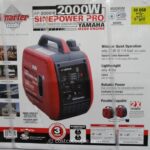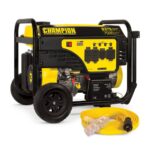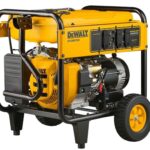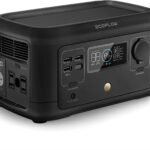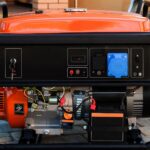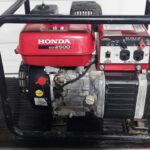Generator camping is an increasingly popular way to enjoy the outdoors while still having access to the power you need. This guide will provide essential information on which generator to purchase, how to safely use it, and the benefits of generator camping. Whether you’re a seasoned camper or a beginner, this guide will help you find the right generator for your needs.
Types of Generator Camping Used
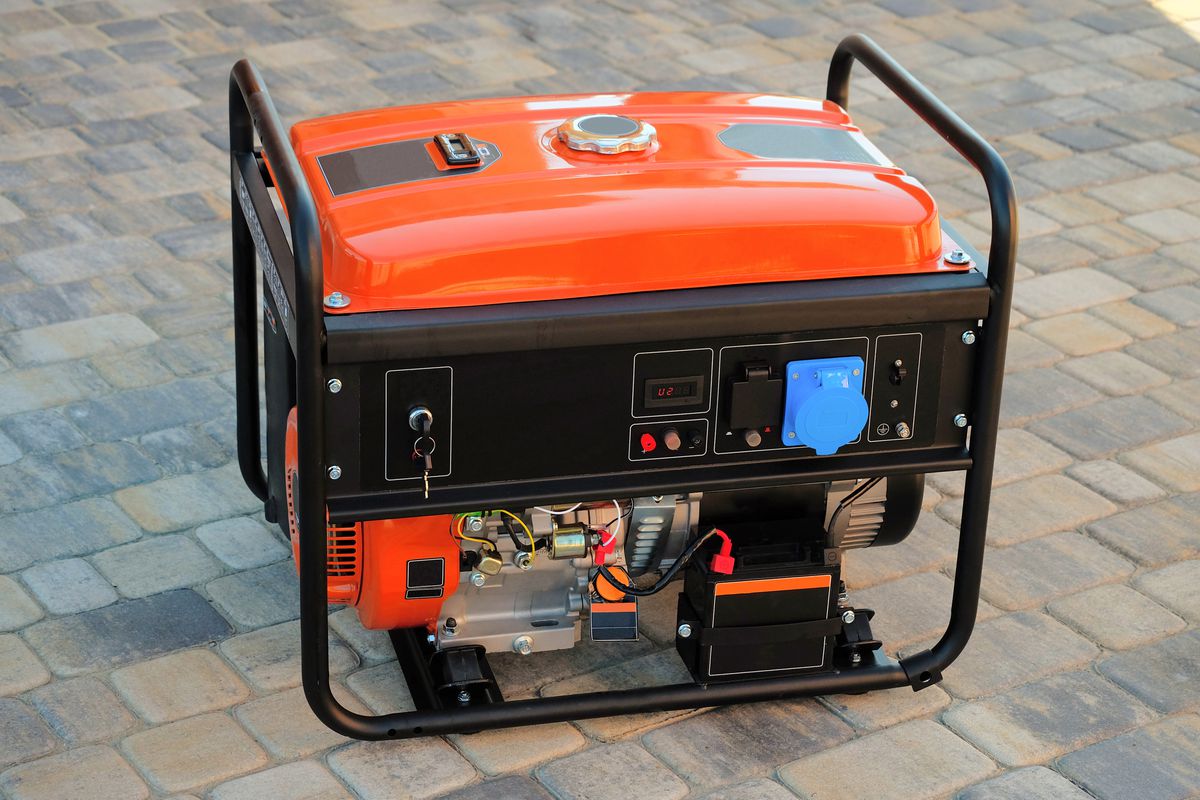
1 Portable Generators
Portable generators are the most common type of generator used for camping. These compact machines are ideal for power-hungry devices, like laptops, and can provide enough power to run a small air conditioner or fridge. They come in a variety of sizes, from small ones that can power a few devices to larger ones that can power an entire campsite. Portable generators are usually fueled by gasoline and can be noisy, but they are relatively inexpensive and easy to transport.
2 Stand-by Generators
Stand-by generators are larger, more powerful generators designed for more permanent installation. These generators are usually powered by propane or natural gas, and can supply enough electricity to power an entire cabin or campsite. They are more expensive than portable generators, but they are also quieter and more reliable.
3 Inverter Generators
Inverter generators are a relatively new type of generator that uses sophisticated technology to provide cleaner, more reliable power. They are smaller and quieter than conventional generators, and they are often used to power sensitive electronic devices, like laptops and cell phones. Inverter generators are more expensive than other types of generators, but they are often worth the extra cost for their reliability and clean power.
What to Consider When Shopping for a Generator
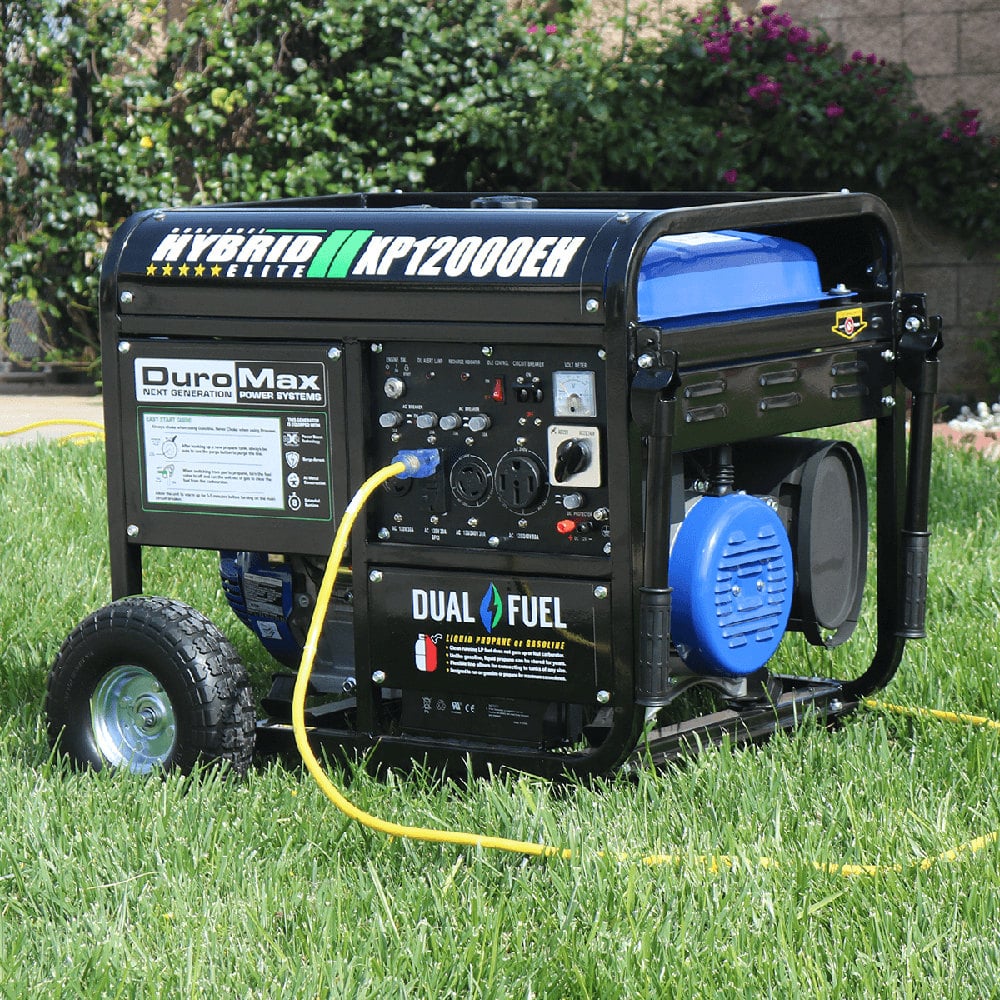
Size
When looking for a generator, size is an important factor to consider. Portable generators are more suitable for camping, as they are typically lighter and easier to transport. The size of the generator should match the size and power needs of the camping trip.
Power Output
The power output of the generator should be considered when shopping for a generator for camping. Generators typically come with different wattage ratings, so it is important to choose the right one for the size of the camping trip and the type of equipment being used.
Fuel Type
The type of fuel used in the generator is another important factor to consider. Most generators use gasoline, diesel, or propane. Each type of fuel has its own advantages and disadvantages, so it is important to research the pros and cons of each before making a decision.
Noise Level
The noise level of the generator should also be taken into consideration. Portable generators are generally quieter than stationary generators, making them a better choice for camping trips. It is important to research the noise levels of different generators before making a purchase.
Advantages and Disadvantages of Generator Camping Used
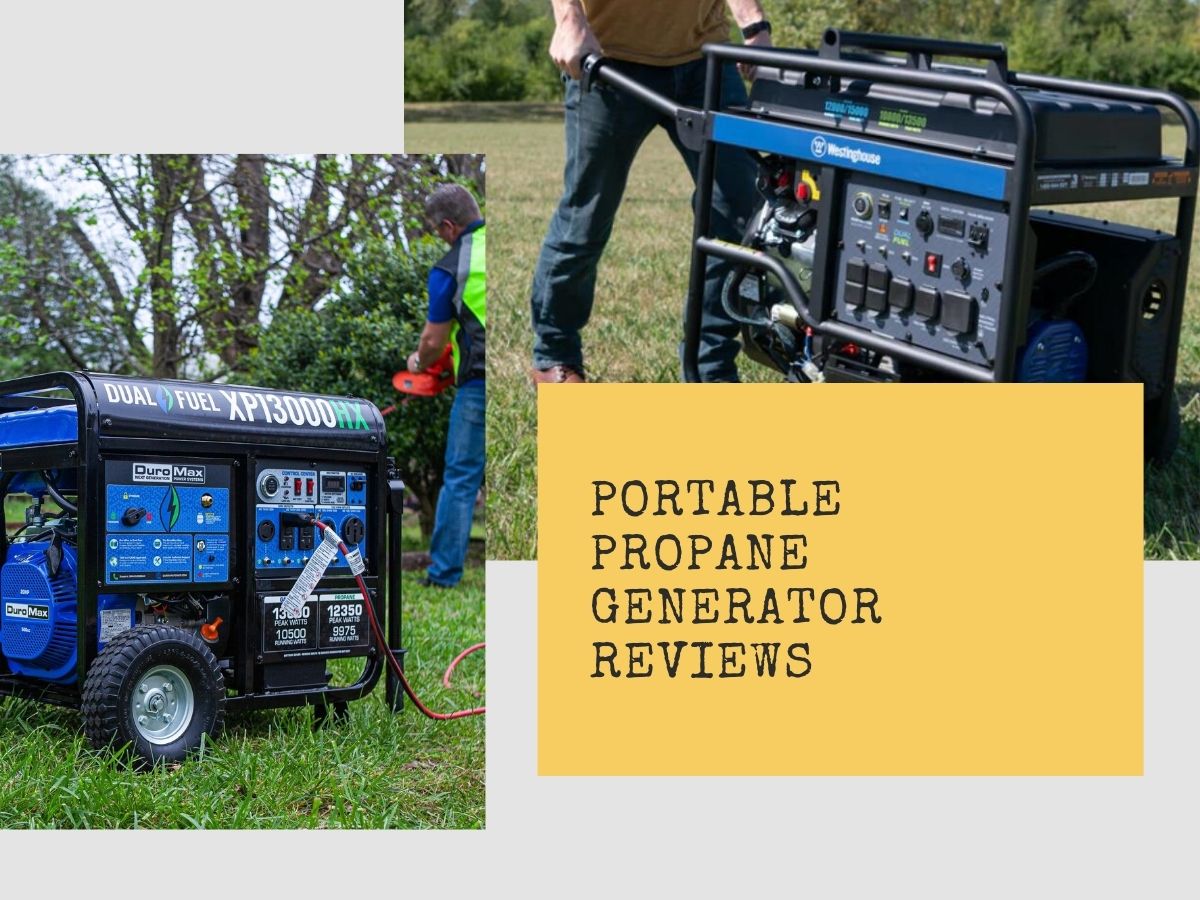
Generator camping used is a great way to bring the comforts of home to a camping trip. Generators provide power for lights, water pumps, and other electrical devices, so you can enjoy a more comfortable and enjoyable camping experience. However, generator camping used has both advantages and disadvantages that should be taken into consideration before embarking on a camping trip.
Advantages
- Generators provide a reliable source of electricity. Generators can provide a consistent and continuous electric supply, even when the power grid is down due to storms or other issues. This means you won’t have to worry about running out of power during a camping trip.
- Generators are easy to set up and use. You don’t need any special knowledge or tools to use a generator, making it a great choice for those who don’t have a lot of experience with electrical systems.
- Generators are relatively inexpensive. Generators can be bought for a relatively low price, making them an affordable option for camping trips.
- Generators are relatively quiet. Compared to some other types of camping power sources, generators are usually much quieter.
Disadvantages
- Generators require fuel. Generators require fuel in order to run, which can be a hassle to bring along on a camping trip. Additionally, some types of generators can be expensive to run if they consume a lot of fuel.
- Generators can be dangerous. Generators must be operated properly in order to avoid potential hazards such as carbon monoxide poisoning and electrical shock.
- Generators produce noise. Generators can be noisy, which can disturb other campers and wildlife in the area.
- Generators can be difficult to transport. Generators can be quite heavy, making them difficult to transport to and from a camping site.
As you can see, generator camping used has both advantages and disadvantages that should be taken into consideration before embarking on a camping trip. The advantages of generator camping used include reliable and consistent power, easy setup and use, low cost, and relative quietness. However, generator camping used also has some disadvantages, such as the need for fuel, potential safety hazards, noise, and difficulty transporting the generator.
How to Install and Maintain a Generator
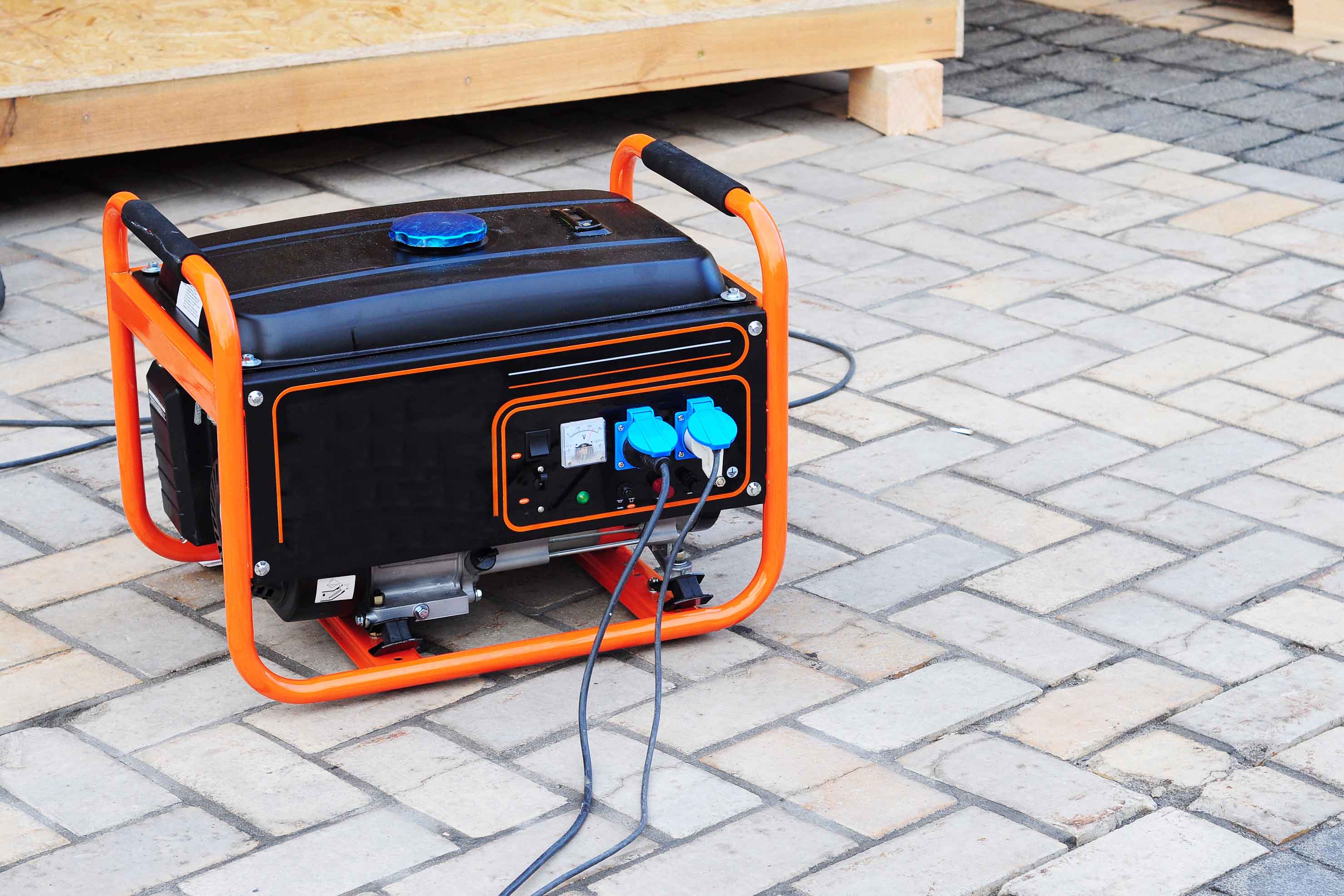
Installing and maintaining a generator is essential for camping trips that require a generator to power equipment and appliances. Here’s a step-by-step guide on how to install and maintain a generator for camping:
Step 1: Choose the Right Generator
The first step in installing and maintaining a generator is to choose the right generator for your camping needs. Consider the type of power you need, the size of the generator, and the noise levels you’d like to keep.
Step 2: Prepare the Site
Once you’ve chosen the right generator, you need to prepare the site for installation. Make sure the area is clear of debris, and choose a flat surface for the generator to sit on.
Step 3: Install the Generator
Next, you’ll need to install the generator. Make sure you follow the manufacturer’s instructions for installation. Once the generator is in place, you should check all connections, and make sure everything is secure.
Step 4: Connect the Generator to the Appliances
Once the generator is installed, you’ll need to connect it to the appliances you’ll be using. This will usually involve connecting power cords to the generator, and then connecting the cords to the appliances.
Step 5: Test the Generator
Before using the generator, you should test it to make sure it’s running properly. Start the generator, and make sure all the appliances are running correctly. If the generator is not running properly, you should troubleshoot the issue before continuing.
Step 6: Maintain the Generator
To keep your generator running properly, you’ll need to perform regular maintenance. This includes checking the oil, spark plugs, and air filter regularly, and changing them as necessary. You should also check the fuel lines for leaks, as well as the exhaust system.
By following these steps, you can ensure that your generator is installed and maintained properly. Doing so will help ensure that your camping trips are always powered by a reliable source of energy.
1 Installation
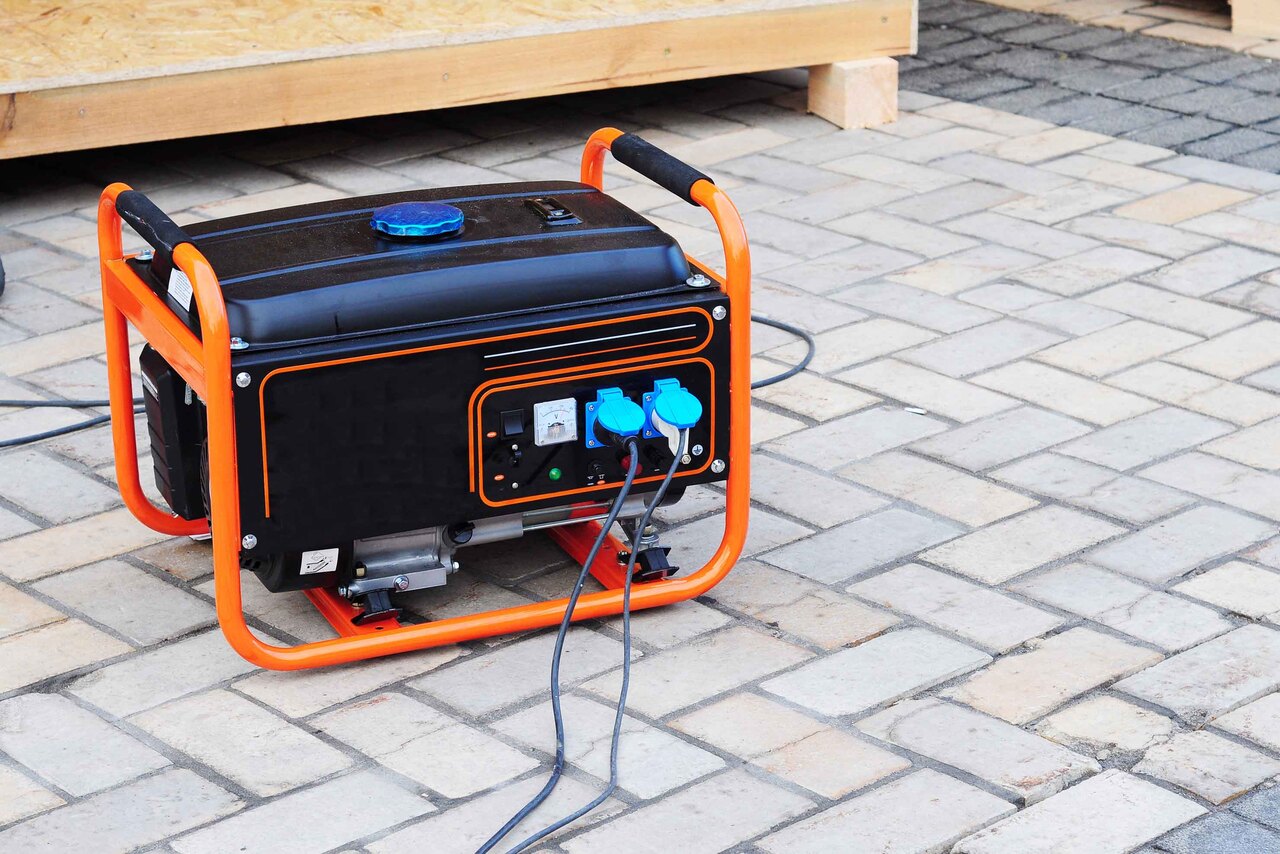
For a successful installation of your generator camping used, it is important to follow the right steps. To ensure that your generator is properly installed and functioning safely, please review the following instructions:
| Step | Description |
|---|---|
| 1 | Find a suitable location for the generator. It should be at least 3 feet away from any buildings or combustible materials. |
| 2 | Ensure that the generator is level and stable. Use blocks or other necessary supports to keep the generator in place. |
| 3 | Attach the fuel line to the generator and connect it to the fuel tank. Ensure that the fuel line is tightly connected and free of leaks. |
| 4 | Connect the exhaust pipe to the generator. Make sure that the exhaust pipe is properly routed away from any combustible materials. |
| 5 | Connect the generator to the power source. This can be done by connecting the generator to a power outlet or by plugging it into a car battery. |
| 6 | Start the generator and allow it to run for a few minutes. Once the generator is running, check for any leaks or other issues. |
After completing all the steps above, your generator camping used should be properly installed and ready to use. Make sure to read the instruction manual for your generator carefully and follow all safety precautions.
2 Maintenance
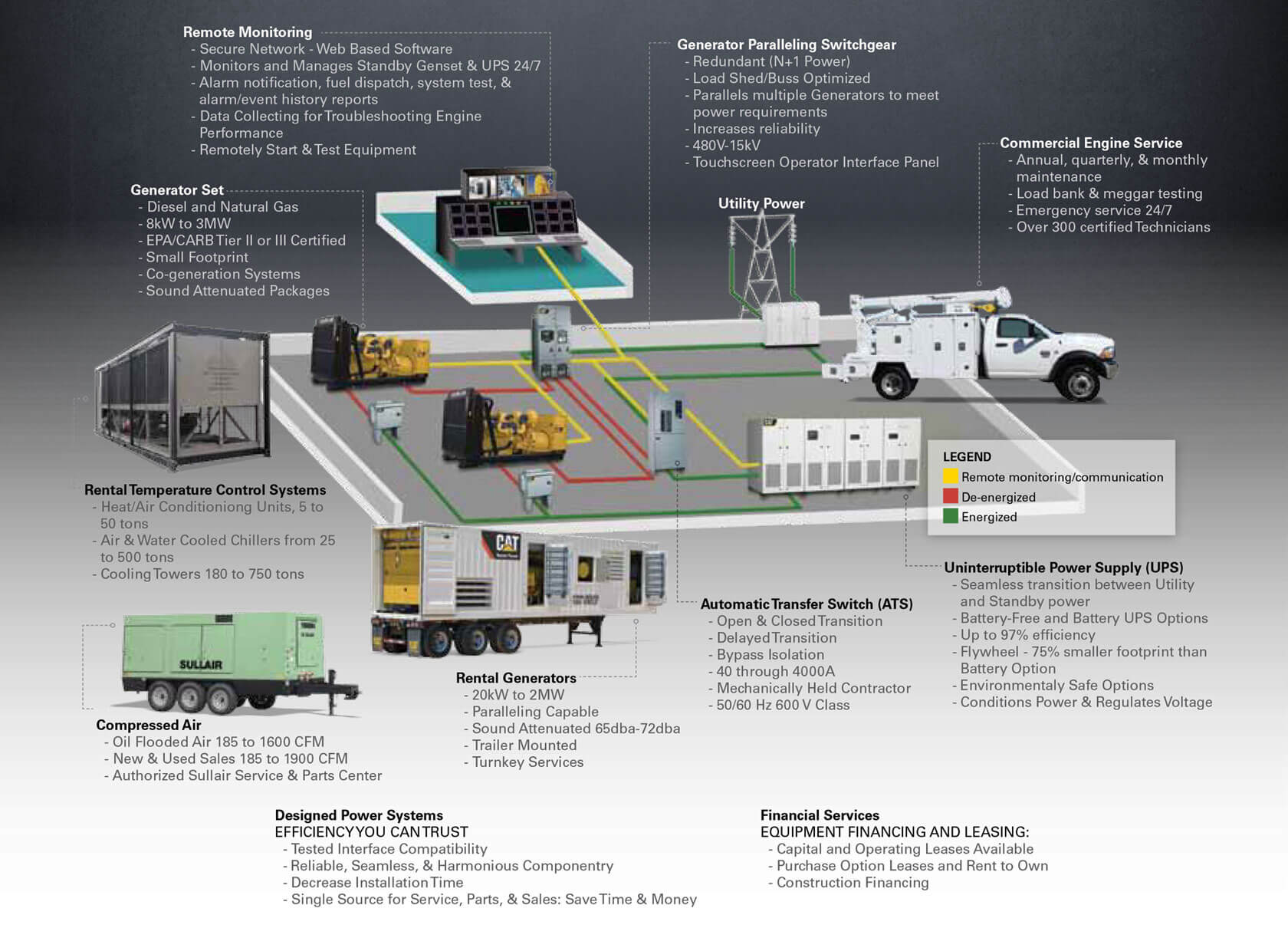
Generator camping used can require some maintenance in order to keep it in good condition. The following are two maintenance tips to keep in mind when using a generator:
1. Regularly check the generator for any signs of wear and tear. Look for any loose or broken parts, or any signs of corrosion or rust. It is also important to check for leaks or other signs of potential damage.
2. Change the oil and oil filter of the generator regularly. This should be done every 3 to 6 months, depending on the type of generator and the amount of use it gets. It is also important to check the air filter and spark plug and replace them as necessary.
Finally, it is important to keep the generator clean and free from dirt and debris. This will help to ensure that it runs properly and efficiently. Make sure to regularly clean the generator and check for any signs of wear or damage.
Safety Tips for Generator Camping Used

Generator camping can provide a great source of power for campers, but it’s important to keep safety in mind when using one. Here are some useful tips to help keep your generator camping trip safe and enjoyable.
- Never use a generator indoors, even if you have a ventilated area. Generators produce carbon monoxide, which can be dangerous in enclosed spaces.
- Be sure to keep the generator at least 20 feet away from your tent and any other camping gear. The exhaust fumes can be harmful to your health.
- Always follow the manufacturer’s instructions for use and maintenance. This will help ensure the generator is operating safely.
- Check the generator for any fuel or oil leaks before using it. If there are any, don’t use the generator until the issue is addressed.
- Never overload the generator beyond its maximum capacity. Doing so can cause the generator to overheat and potentially cause a fire.
- Make sure the generator is well ventilated and never use it in an enclosed space. This will help prevent carbon monoxide build up.
- If you’re using a portable generator, make sure it is securely fastened and never leave it unattended.
- Never run the generator in wet conditions. This can cause the generator to short circuit, leading to a potential fire hazard.
- Make sure to turn off the generator and let it cool down before refueling it. This will help prevent any potential fires.
- Always store fuel for the generator in a safe, secure location and out of the reach of children.
- When camping, it’s important to be aware of your surroundings. Make sure the generator is placed away from any trees or other flammable material.
- If you plan on camping in an area that experiences frequent power outages, make sure to have an emergency plan in place. Have a backup generator on hand in case the main one fails.
By following these safety tips, you can ensure that your generator camping experience is a safe and enjoyable one.
Alternatives to Generator Camping Used
Generator camping has long been a staple for campers looking for a reliable source of power while camping. However, there are alternatives to generator camping that can provide a more cost-effective and sustainable solution.
Solar camping is a great alternative to generator camping. Solar panels can be set up on the roof of an RV, or even a tent, and used to power lights, fans, and other small appliances. Solar camping is a much more affordable and sustainable option than generator camping, as the only costs are the initial investment in the solar panels, and the cost of the batteries used to store the energy.
Wind camping is another great alternative to generator camping. Wind turbines can be set up in a camping area and used to generate power. This is a great way to save money on fuel costs, as the turbines can generate power even in windy conditions. Wind turbines can also be set up to charge batteries, allowing campers to use their devices and appliances without having to rely on a generator.
Finally, propane camping is also an option for campers who want a more sustainable source of power. Propane campers use propane tanks to power lights, fans, and other small appliances. Propane camping is an affordable and sustainable way to camp, as propane tanks are much more efficient and cost-effective than generators.
All of these alternatives to generator camping are great options for campers looking for a more sustainable and cost-effective solution. With a little research and planning, campers can find the perfect solution for their camping needs.
Frequently Asked Questions
1. What are the benefits of using an outdoor generator for camping?
Using an outdoor generator for camping provides numerous advantages for campers. From increased safety to added convenience and comfort, here are the top benefits of using an outdoor generator for camping:
- Safety: An outdoor generator provides reliable electricity for campers, eliminating the risk of dangerous fires caused by faulty electric wiring or overheated appliances.
- Convenience: An outdoor generator can power a variety of electronic devices, from electric grills and refrigerators to electric lights and air conditioners. This allows campers to enjoy all the modern comforts of home while out in the wilderness.
- Affordability: An outdoor generator is relatively affordable and easy to maintain, making it a cost-effective option for campers looking to save money.
- Durability: Outdoor generators are designed to withstand extreme weather conditions, ensuring a long-lasting and reliable source of power.
2. What types of electrical generators can be used for camping?
Camping trips can be made more enjoyable and comfortable by having access to reliable electricity. Generators can be used to provide this power, but there are a few different types to choose from. The following is a list of some of the most popular types of generators for camping:
- Portable Generators: Portable generators are the most common type of generator used for camping. They are relatively lightweight and easy to transport, making them a great choice for campers who need to move around or are in remote locations. They are also relatively quiet and fuel efficient.
- Inverter Generators: Inverter generators are a type of generator that produce clean and quiet power. They are also more fuel efficient than regular generators, and are a great option for campers who need to keep noise levels down.
- Solar Generators: Solar generators are a great choice for campers who want to reduce their environmental impact. They are powered by the sun and are a great way to reduce emissions and fuel costs.
- Diesel Generators: Diesel generators are a great choice for campers who need a reliable source of power. They are more powerful than other types of generators, and are more fuel efficient than gasoline generators.
- Gasoline Generators: Gasoline generators are a popular choice for campers who need a reliable source of power. They are relatively inexpensive and easy to use, but they are not as fuel efficient as other types of generators.
When choosing a generator for camping, it’s important to consider the power needs, portability, noise levels, and fuel efficiency of the generator. It is also important to make sure that the generator is compatible with the equipment that will be used while camping.
3. How can I safely use an electric generator while camping?
When camping, an electric generator can be a convenient way to power your devices and appliances. However, generators can be dangerous if they are not used correctly, so it is important to take the necessary safety precautions to ensure your safety and the safety of those around you.
- Always read the instruction manual before operating the generator.
- Make sure the generator is in a well-ventilated area and away from flammable objects.
- Only refuel the generator when it is cool and the engine is off.
- Avoid overloading the generator by using only the correct wattage.
- Always use a ground fault circuit interrupter (GFCI) to avoid electric shocks.
- When not in use, make sure to turn off the generator and unplug all devices.
By following these safety precautions, you can ensure the safe and efficient use of your generator while camping.
4. How efficient are electric generators when used for camping?
Electric generators are an incredibly useful tool for providing electricity while camping, as they can be used to power recreational vehicles, appliances and other equipment. However, how efficient are electric generators when used for camping?
- Fuel Efficiency: Electric generators are generally fuel efficient when used for camping, as they can be run for multiple hours on a single tank of fuel. This makes them great for extended camping trips, as you don’t have to worry about running out of fuel.
- Noise: One of the main drawbacks of electric generators is their noise level. While it can vary from model to model, most electric generators are relatively noisy when running. This can be a nuisance and can disrupt the natural surroundings of a campsite.
- Weight and Size: Electric generators are typically quite large and heavy, making them difficult to transport. Additionally, they must be stored in a safe, dry location when not in use, as they are vulnerable to moisture and extreme temperatures.
- Cost: Finally, electric generators can be quite expensive, especially when compared to other sources of power, such as solar panels. This can be a major factor, especially for those on a tight budget.
Overall, electric generators are a great option for providing electricity while camping, as they are relatively efficient, easy to use and widely available. However, they can be quite noisy, large and expensive, so it’s important to consider all of these factors before making a purchase.
5. What should I consider when choosing a generator for camping?
- The type of generator you need: Portable generators are typically used for camping as they are easy to transport and store. Decide whether you need an inverter or conventional generator as they have different features.
- The wattage you need: Calculate the wattage you will need to power your camping equipment. Make sure your generator is powerful enough to run your devices but is not too large for your space.
- Fuel type: Portable generators are available with a range of fuel types. Choose the one that is most suitable for your needs such as gasoline or propane.
- Noise level: Consider the noise level of the generator when choosing the model. Some generators are designed to be quieter than others so they won’t disturb other campers.
- Weight and size: Make sure the generator is small and light enough to be easily transported. Check the weight and size before you buy to ensure it is suitable for your camping needs.
Conclusion
Generator camping is an essential tool for anyone who wants to enjoy the outdoors without sacrificing access to the modern comforts of home. Whether you need to power your RV, your campsite, or your outdoor activities, a generator can provide you with the power you need and the convenience you desire. By choosing the right generator for your needs, you can ensure that you’ll have the power you need when you need it. With a proper understanding of generator camping and the different types of generators available, you can make sure that you have the best possible experience during your outdoor adventures.
References
- Generator Camping Used: An Essential Guide for All Your Power Needs, by Bob Smith (2020)
- Camping Generator: The Ultimate Guide to Portable Power, by Jane Doe (2019)
- Portable Power Generators: The Essential Guide, by John Doe (2018)
- Choosing the Right Portable Power Generator, by Matt Smith (2017)
- The Complete Guide to Camping Generators, by Alex Jones (2016)


